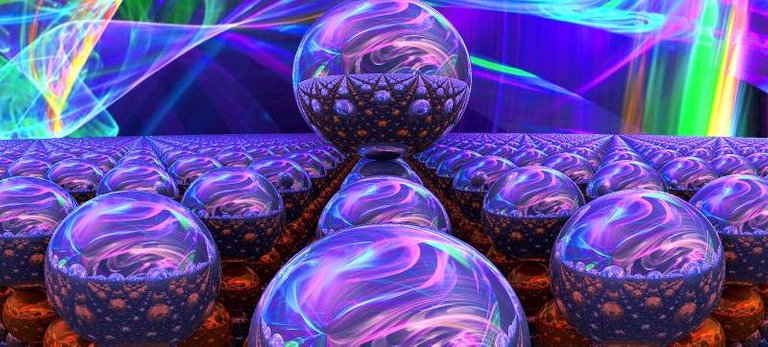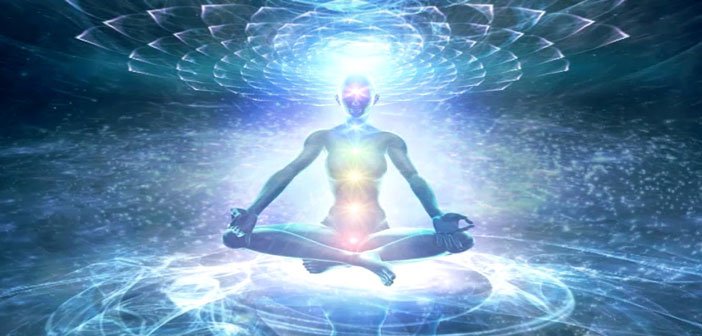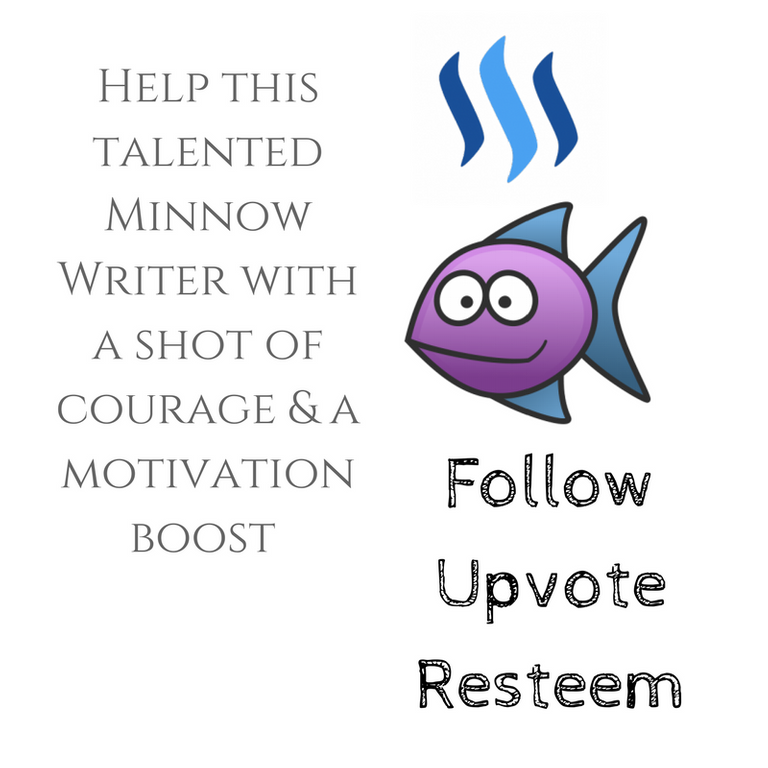
Whether we fight it or embrace it with a pinch of wisdom and grace, the only thing that remains a constant in our life is change itself…and it comes in different colours and sizes. Our biology, with our changing and ageing bodies, is a first-hand experience that nothing really stays the same and everything is in constant flux. As we experience key developmental milestones, we come to the alienating realization that our physical shell is permanently changing in a very impermanent universe. Life seems to be a constant rite of passage.
Our relationship with change is not only biological but also psychological and social. As we go through major stages in life, we feel that certain changes have been unexpectedly dropped on our heads while others are more transitional and longer-term such as for instance parenthood, switching career paths, changing family relations, periods of financial instability, moving to another country in a different social setting and role, and so on.
The multi-dimensionality of Change

It is difficult to evaluate how these changes impact an individual life in real terms. On one hand the changes are purely subjective in nature although related to some objective and external set of circumstances which we can identify with…such as the ones above. On the other hand, some other changes span beyond the narrative of an individual life history and enter into the collective – the trans-personal or trans-generational aspect of social life. For instance, the state of the environment, leaps in technology, shifting political landscapes, cultural transformations, etc, are all silent game changers that influence us both collectively and individually. This is why our experience of change has dimensionality to it because it crosses over both horizontally – into the various roles and stages of our lives; and vertically – as we experience change that outlives our individual life-history and spills into the collective while spanning across generations.
Furthermore, I think it is safe to say that it is not just an old cliché when we state that our modern-day way of life brings with it certain biological, social and psychological stress-factors that are intricately tied to our lifestyles. Yet these come over and above the natural rhythms of human life that have always been there – the turbulent teenage years, entering adulthood, the vacuous period of middle-aged life with its incessant search for meaning and finally the calm disassociation with everything as we gently fall away like an autumn leave from the branch of life to make way for other leaves the next spring.
The Alchemical Process of the Changing Self

When you look closer at it, these natural cycles of life have a common denominator – the self. The natural rhythms of change are really a story about the self. It is paradoxical in a way since the self is both the witness of these changes as much as it is the real subject of change. There is both an element of continuity and transformation. It is an opportunity for an alchemical process (if we dare take the challenge) wherein we shed away and breakthrough our old identities of self as it unfolds and morphs into something new. It is a process of individuation – shedding off the unnecessary identifications and approaching closer to a more authentic version of the Self. It is also holotropic, to use a term coined by Stanislav Grof, since it moves from a fragmented version of self towards one that is more whole and integrated.
This is one of the reasons why tribal cultures give so much importance to formalizing rites of passage in a ceremonial setting such as for instance the initiation into manhood. Rites of passage are an important thread in the tapestry of communal life because they weave a trans-generational story that both glues the community together while imprinting a non-verbal lesson in the psyche of its members. It is a self-regulating mechanism that both allows the individual to relate to the changing self and to keep the balance (and sanity) of the community at large.
Of course, primarily it is meant to guide the initiated to be adept in the changing currents of life and to be given the intimation that life is constantly changing and we must let go of our old-world identification to embrace a brave new world full of uncertainty and impermanence. In short, that we must let go and continually shed our skin in order to adapt and thrive.
Embracing the Crisis
Unfortunately, in our modern-day world we do not have formalized rites of passage, at least not in any ceremonial setting or in any direct sense. I dare say that this is perhaps why so many people feel lost or in crisis when facing crucial y-points in life. Having said this, crisis is not a bad thing per se, it is only how we deal with it that needs scrutiny. Any meaningful change happens through a crisis or series of crises where the parts of a system temporarily break down before self-organizing themselves into a newer whole that is more fluent with its changing external circumstances.
In fact, a crisis emerges when those internal structures of a system (in this case the belief structures and life history that are attached to the notion of ‘self’) do not match the feedback received from its external environment (the changing life circumstances). There is a kind of disharmony or imbalance between what the system experiences and perceives and the cues it receives from the situation it is experiencing.
However, a crisis needs to be dealt with in some way or another and in the lack of codified instructions such as those found in rites of passage or initiations, we have this choice: We open our ears and hearts to our ancestral wisdom without reinventing the wheel or find some other modality to channel us through the tumultuous passages of life both individually and collectively as a species. If we look at the last fifty to hundred years of history, the latter has been somehow of an epic failure. Think of anti-depressants and over-medication, or forms of media intended to distract us and keep us below the mind rather than transcend above it and free ourselves towards whole and authentic individuals. How did these methods help us in dealing with typical life crises such as the romanticized middle-life crisis? Quite poorly at best. So now the question is: If the recent past and present do not offer solutions to the current crises and the future of humanity, where should we be looking for answers?
Inner Exploration & Reorienting our World
The short answer to such a question is within ourselves. The future has always been uncertain to humans in all epochs of history. The difference in present times is that this feeling is blown out of proportions because of the exponential rate of change, increasing world crises and most of all because we are looking for answers outside of ourselves. Unless we get conscious of this pattern, more attempts will be futile just like digging holes in water. We need to shift our perspective but more importantly our orientation – from outward looking to inward searching. Exploration is misguided. The future of humanity hinges upon one single enterprise – inner exploration. If we continue to look at our problems and address them from our current state of consciousness, with our current myths and the scientific metaphors we use to describe our reality, we are bound to fail. Novelty is not a necessity but an emergency.
People all around the globe depend on technology. That is fine. The problem arises when we are banking on the assumption that further technological advancements will cure most, if not all, of our ailments that have manifested due to our self-centred and limited state of consciousness in the first place. See where I’m getting at? The revolution is not technological or political for that matter – these are just extensions of whatever state of consciousness we are in on a collective level. The revolution, or the often referred to ‘paradigm shift’, is a re-orientation of Self – how we look at it, relate to it and most of all how we transform it. This is the alchemy we need to embrace if we are to survive through the next century.
The Truth is Not Out There
OK so where do we start? We start by searching for truth in the most unorthodox of places – our feelings. Stop putting too much emphasis on getting answers through the mind by asking more questions and consuming more information. Stop seeking for answers (at least the important answers that we need for our survival) through the mind and in the mind. It will ultimately not help. If we are to align ourselves to our truth, and honor it, we have to first change our perspective on what truth-seeking is all about. It’s not about seeking for a holy grail on the outskirts of our physical space but in the innermost sacred chambers of our being. You know sages have been harping on that for millennia right? How about starting to allow the idea that perhaps they were right. Science and technology are great and the mind is a wonderful tool but the truth does not follow from projecting and externalizing it to our external world. It’s just not there. Period. And by truth I mean the intrinsic arcane knowledge of who we really are, our purpose (individual or collective) and our role in creating and shaping our future. The mind with all its beautiful creations will not take you there. Feelings will not either but they are a very good start.
By shifting our awareness and attention to our feelings – and whether these resonate with our current reality instead of probing deeper with our minds – will help us in starting to get a sense of clarity about where we stand and which direction to take. Imagine if people awaken out of the deep slumber and start living less in their heads and tune into their feelings more. It would make us take so much less for granted – to rely less on conventional and consensual knowledge, the institutions, authoritative figures, approval by others and cultural norms. The result would be living a life that is more authentically human – less muddled with half-baked ‘truths’ which we were spoon-fed rather than coming out from inner exploration and honest self-enquiry. This is not idealism. This is real, practical and achievable if we are to get out of our collective death-wish.
Think of it in another way. Our chances of survival have drastically diminished over the last few decades not because we lack the mind pool, the technological knowhow or resources needed to improve our state of affairs but because we lack the insight – the ability to look truthfully into ourselves and become conscious of our self-destructive habits while at the same time seeing ourselves for what we truly are – Free, Powerful Creators of our own destiny. And I will repeat this ad nauseum, this will not happen through the mind, searching for solutions to our crises outside of ourselves, but by starting to tune to our innermost feelings and allowing.
Allow it to Happen
The latter is an important keyword. Allowing – as against resisting – is what will keep us sane and see us through any crisis. Allowing is a driver of change because it means keeping our resistances to change at bay and making that self-organizing cycle of crisis and change more fluent and less painful. Allowing also means embracing and continually shedding off our old skin to fit better with our changing world – to allow our individuation and holotropic process of defragmentation. Getting attuned to our changing Self and allowing ourselves to feel more while being entrapped less by mind, is partly what rites of passage are there to jumpstart, sometimes by shocking the mind and the body out of its field of interference and into the stillness of the heart. Whether we want to change the form of how we do our rites of passage in our modern-day culture is a practical choice but avoiding it altogether while sticking our heads in the sand and hoping that someone or something else is going to hand us the cure is ultimately nothing short of insanity, denial and delusion.

The message has remained the same across centuries - look within.
but how many people can we expect to turn their focus away from the shiny objects of their grasping gaze to an inner world that, at the start, has all the allure of a damp cave?
Don't get me wrong; I'm with you on this, but don't see the change coming. One small start would be for people to discuss openly their esoteric experiences. To stop relying on Hollywooden melodrama to give us the next myths.
Thanks @rycharde for your great comment. Although I do agree with you completely when we look at the situation from a certain level and angle, we can see it in another way if we adopt a higher perspective of reality. This means that yes, there is still a lot of unconsciousness, resistance to change and myopic views of reality wherever you look around and so it seems that there isn't a lot of change coming about. At the same time I feel that this shouldn't be where we need to focus. We shouldn't expect people to 'see it' or change. We need to focus on what we can do for ourselves first. Irrespective of how hopelessly ego-centric the world seems to be, we just need to focus on changing our perspective inwards. If we live life from our own truth, our perspective and perception of reality changes and is reflected/projected externally. In turn others will see this reality reflected back on them whenever they come in touch with us.
I also agree with you that a good start would be more open discussions of people's esoteric experiences.
Thanks. When orgs like Pew Forum publish their research, they find a significant number of people who admit to having some kind of esoteric experience; this is not reflected in our media culture - instead of mysticism we get horror movies :-/ or sentimentality. (very few exceptions)
Yes so true...it is not reflected in our media culture. There is definitely a significant number of people having some kind of mystic and/or transcendental experience but there is no space where such experiences can be openly received. I would say that some of the biggest problems is denial, cynicism and indifference. Some people have genuine mystical experiences but the matrix reality around them is so strong that they quickly discard the idea as just an odd event that can be explained away by some materialist or skeptical argument. They go into denial mode. The materialist and cynical view of the world has disenchanted us from the world. The same has to be said about entheogens, psychedelics or sacred medicines such as Ayahuasca or Iboga among others. More people are being open to these life-changing mystical and spiritual experiences but we need more public spaces where these experiences can be shared and discussed.
I have been thinking for a few weeks that I wish to change the focus of my minnows project (see @accelerator) - perhaps the new strapline should be: The MAP Room, Navigating Consciousness.
What is really lacking is a map of consciousness. For example, Tibetan Buddhism has such a map so that any experience can be placed in a context and investigated further. In our current culture, such things are obfuscated by psychology on one side and neuroscience on the other - one limited, the other too technical - although both could be helpful.
I love the idea. We need more and more interdisciplinary spaces and platforms in which people from different areas of research and experience can come together to openly discuss matters such as consciousness. People who have directly experienced altered states of consciousness together with scientists, consciousness researchers and philosophers. Now we all know that Science has hit a brick wall when it comes to explaining consciousness because of its very limited paradigm of looking at it as something 'outside' of us or an emergent property of matter when in fact it is one of the most fundamental properties of the Multiverse; more fundamental that space-time. Everything is consciousness. So an evolving map of consciousness is much neeed I suppose .
Please reply to this comment if you accept or decline.This post has caught the eye of @MuxxyBot and has been nominated by me, a member of the curation team. If chosen it will feature in a curation post by @MuxxyBot. An image from your post may be featured.
Thanks a lot @rycharde - I accept the nomination!
That sentence should be accepted by everyone of us.
You are really a talented writer but I'm invoking the #untalented bot to hopefully give this post a boost.
Thanks.
Thanks a lot @st3llar !
Peace, Abundance, and Liberty Network (PALnet) Discord Channel. It's a completely public and open space to all members of the Steemit community who voluntarily choose to be there.Congratulations! This post has been upvoted from the communal account, @minnowsupport, by soulhiker from the Minnow Support Project. It's a witness project run by aggroed, ausbitbank, teamsteem, theprophet0, someguy123, neoxian, followbtcnews/crimsonclad, and netuoso. The goal is to help Steemit grow by supporting Minnows and creating a social network. Please find us in the